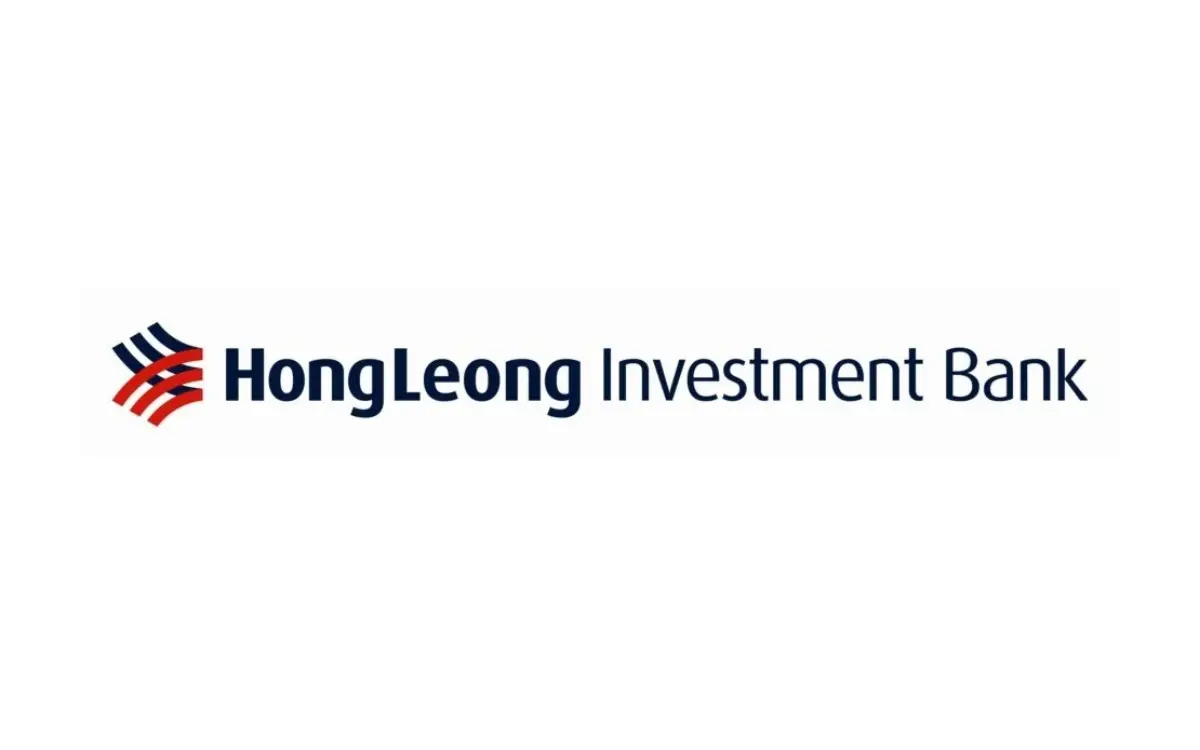Gavin Pereira
5th April 2016 - 5 min read
Conventional banking uses interest charged to lenders along with other investments to turn over an income. Islamic banking on the other hand uses Islamic teachings and Syariah laws in their banking products, which levy profit rates instead of interest rates.
Many have come in contact with all types of banking products, conventional and Islamic, on a daily basis but may not be aware of how they operate and more importantly, advantages or disadvantages posed towards their finances. The following are pointers that could help you decide.
Advantages of Islamic Banking Products

When BBA (Sale And Buy Back Agreement) House Financing was first introduced, total cost of the property purchased was determined at the point of the contract ,also known as aqad. If an individual wished to purchase a house for RM500,000, the bank would buy a property at RM500,000 and sell it back to the customer at at RM850,000, which gives the bank a profit of RM350,000.
The total of RM850,000 would be paid over the duration of an agreed number of years stated in the contract. There were no fluctuations experienced on monthly commitments as how conventional mortgages endure (vary according to interest rate shift in Base Rates).
Over time, financial institutions realised that it worked as a disadvantage to customers who were locked in with a very high profit rate or vice versa, where the bank could be facing very low profit rates. To counter that effect, they introduced a variable rate financing as how conventional interest rates fluctuate, except this has a maximum cap. This works well in safeguarding investment and to ensure commitments do not exceed a certain monthly amount.
Another advantage appears clearly in Islamic hire purchase products and concerns late penalties. According to the Bank Negara website, Islamic hire purchase imposes a late payment fee of 1.00% per annum of the due instalment whilst most conventional hire purchase charge a fee of 8.00% per annum – but there is a down side.
Disadvantage of Islamic Banking Products

The link in the previous paragraph goes on to mention that some, if not all financial institutions, impose administrative fees and other types of fees to regulate the account. These add-on charges would vary across banks but are likely equal the conventional product charges to maintain competitiveness of conventional banking.
Another disadvantage (from a non-Muslim stand point) to Islamic finance products is that they require transactions to be ‘halal’ in nature. This means that you are not allowed to purchase alcohol, gambling, or any type of ‘non-halal’ products and services using an Islamic credit card. Not all will see this as a disadvantage, as it could help curb perpetual bad habits.
Likewise, if you apply for an Islamic housing loan, hire purchase, credit card or any other product, banks would reject the application if your income is not deemed ‘halal‘ by Syariah concepts and laws. This does not necessary apply to only perceived illicit businesses but those that profit from non-Halal goods like alcoholic beverages.
Advantages of Conventional Banking Products
As mentioned earlier, there are restrictions to Islamic financing when it comes to the ‘halal’ source of income. As an advantage, it does not apply to conventional banking products. If you happen to own a string of legal gambling lottery ticket businesses, you would be allowed to apply for conventional banking products as long as you are able to provide the necessary income documents.
Also with conventional mortgages, if an individual wishes to increase the loan amount on a property, there would only be an additional stamping fee levied, without having to draw up a new agreement. On the other hand, if you used Islamic based mortgage to finance your property, increasing the loan amount would require you to make a new buy-and-sell agreement. In a conventional mortgage, this could lead to more savings if such a situation were to arise.
Disadvantage of Conventional Banking Products

If you were to opt for a conventional banking product such as mortgage, the interest rates being adjusted on the loan does not have a maximum cap. Of course interest rates have to be justified when the bank adjusts its base rates but in all technicality, it could potentially increase to an alarming rate without having a cap.
This would in turn cost the home owner to have very high monthly commitments and make it difficult to draw up a long term budget. However, Bank Negara Malaysia has regulations in place to manage the fluctuations of market rates to safeguard consumer interests.
Which Product Suits you Best?
There are advantages and disadvantages to using both types of banking products but both run on pretty similar concepts, just based on different ideologies. It is important to be informed that there are no restrictions to whom can apply for Islamic banking products provided your source of income is ‘halal’.
That said, a combination of the two sides to banking products could very well play into your financial favour. A little research when choosing your banking product should help bolster your decision.
Have you had the experience of dabbling into both these separate entities? Tell us all about it at the comments section down below – we’d love to hear from you.






Comments (0)